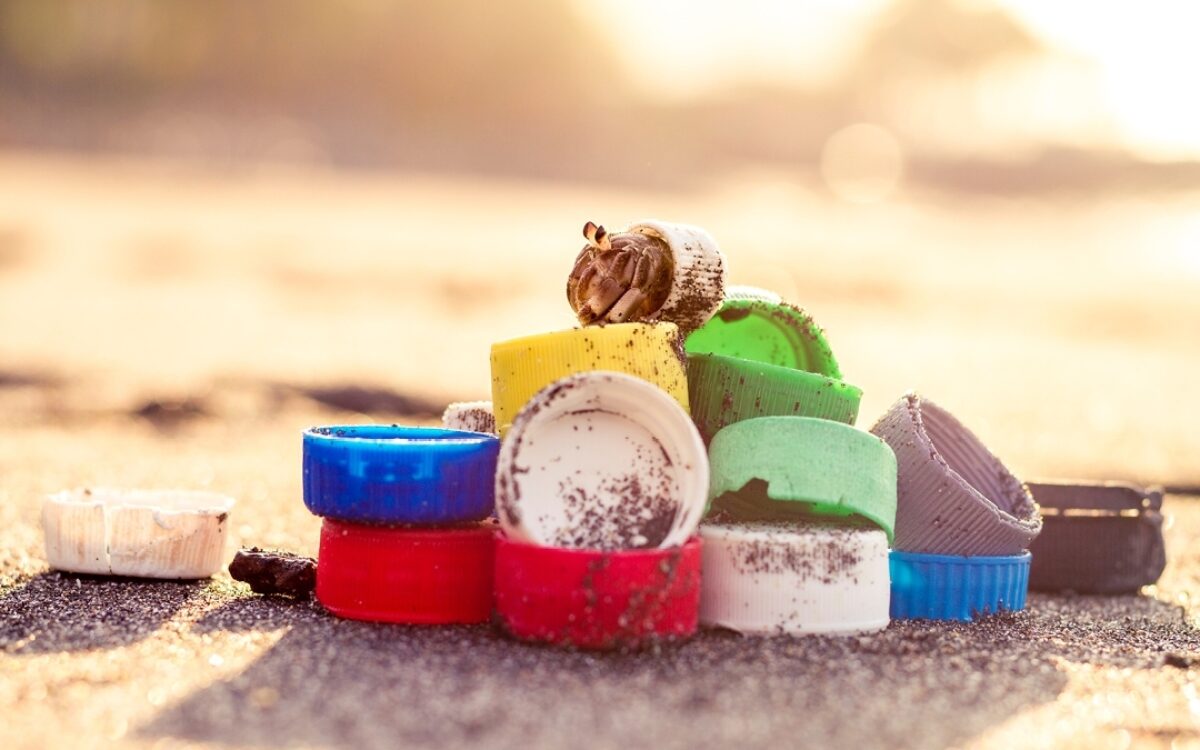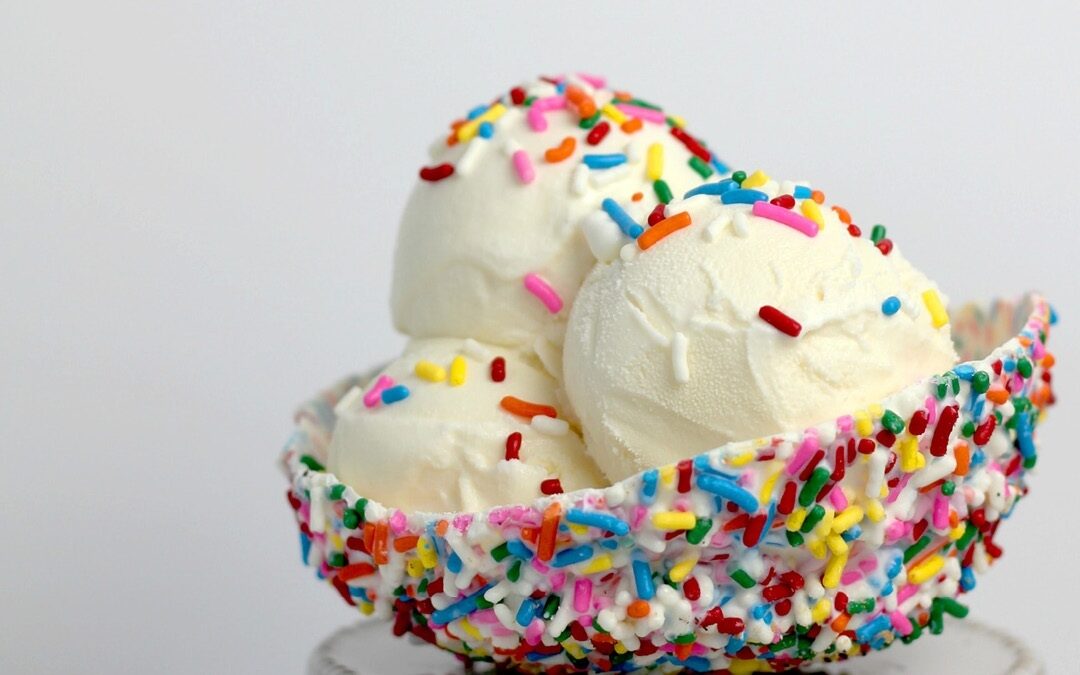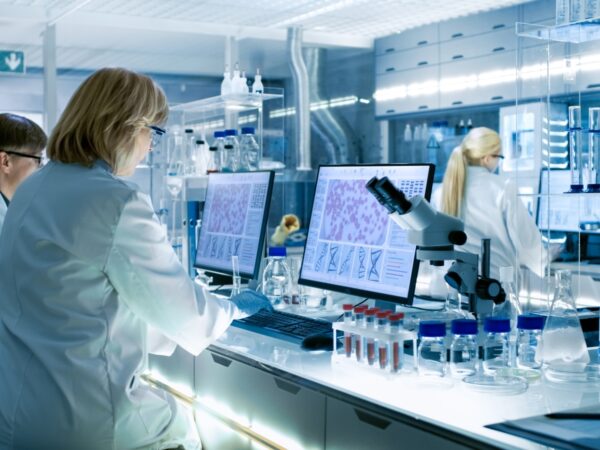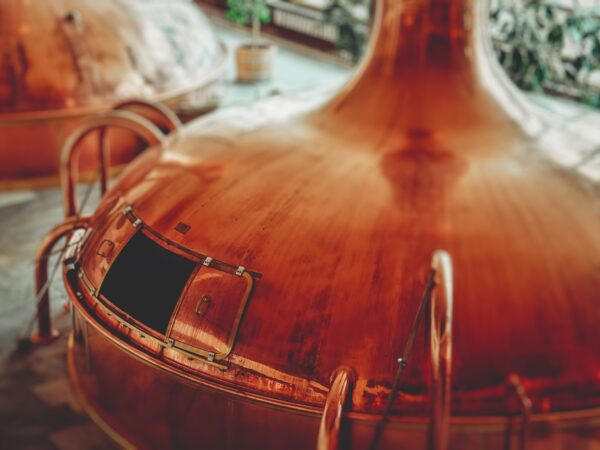

Scientists at the University of Edinburgh have devised a novel way of tackling the mounting issue of plastic pollution… by using bacteria to transform plastic waste into vanilla flavouring.
Plastic crisis
The global plastic waste crisis has created an urgent need to develop new methods of recycling polyethylene terephthalate (PET) – a strong, lightweight plastic derived from non-renewable materials such as oil and gas, and widely used for packaging foods and convenience-sized drinks. Approximately 50 million tonnes of PET waste is produced every year, causing serious economic and environmental impacts. While PET recycling is possible, existing processes create products that are less valuable and continue to contribute to plastic pollution worldwide.
Tasty solution
In an effort to tackle the mounting plastic crisis, Dr Joanna Sadler and Dr Stephen Wallace from the University’s School of Biological Sciences made a remarkable discovery: the common bacteria E. coli can be deployed as a sustainable way to convert post-consumer plastic into vanillin.
Vanillin is the primary component of vanilla bean extract and is responsible for the characteristic taste and smell of vanilla. It is widely used in the food and cosmetics industries, as well as in the formulations of herbicides, antifoaming agents and cleaning products. Global demand for vanillin is growing rapidly and is projected to exceed 59,000 tonnes with a revenue forecast of $734 million by 2025.
The extraordinary transformation uses lab-engineered E. coli to turn terephthalic acid – a molecule derived from PET – into the high-value compound vanillin via a series of chemical reactions. The discovery, which has since been published in the journal Green Chemistry, has very exciting implications for the circular economy.

The ground-breaking research, which was funded by a BBSRC Discovery Fellowship and a UKRI Future Leaders Fellowship, lays the foundation for further studies to maximise vanillin production towards industrially relevant levels.
Researchers say that the vanillin produced would be fit for human consumption but further experimental tests are required.

Business Development Manager
Social Responsibility and Sustainability


